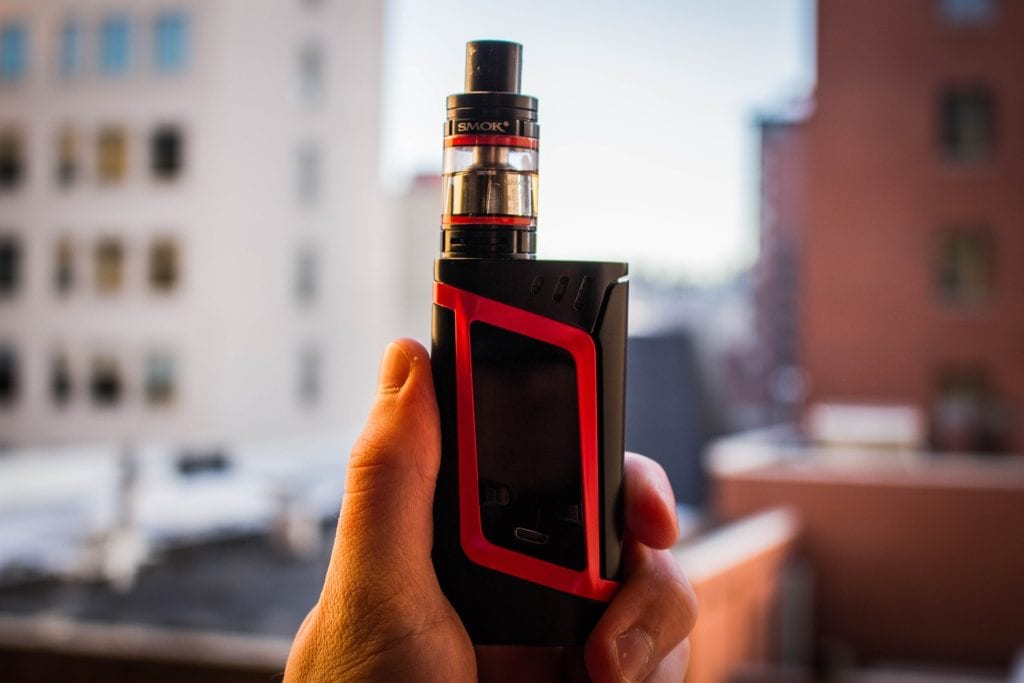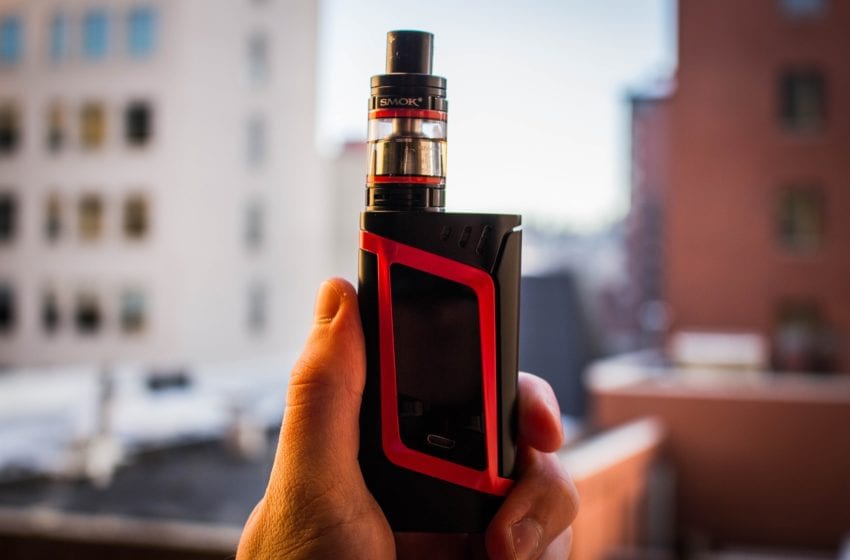
Oregon should ban flavored e-cigarettes and vaping products, crack down on online sales and enact more industry regulations to discourage youth vaping, according to recommendations from the state’s Vaping Public Health Work Group.
The group sent its recommendations to Gov. Kate Brown on Thursday after eight months of work examining the health risks of vaping and potential public policy solutions. The recommendations are a reminder that vaping became a public health risk well before COVID-19 captured the nation’s attention, an article by Ben Botkin of The Lund Report stated.
Oregon had 23 cases of vaping-related lung injuries which resulted in two deaths by March 12, according to Oregon Health Authority data. More recent data were not available.
“In the middle of a worldwide pandemic, it might be easy to forget that less than a year ago, we faced a nationwide epidemic of vaping-related illness,” Brown said in a statement. “Now, though, as we are facing the spread of a disease that attacks the respiratory system, it’s even more important that we take steps to protect the health and safety of Oregon’s youth, who have been using vaping products at increasingly high rates.”
Flavored products appeal to young people, and the industry targets them along with low-income people and people of color, the working group said in its recommendations. The group’s membership includes doctors and other experts in pulmonology, pediatrics and public health along with state lawmakers and state agency officials, Botkin’s story states.
The working group also recommended banning harmful ingredients and requiring disclosure of ingredients in cannabis products, with standards for documentation and verification. One harmful additive is vitamin E acetate, which is “strongly linked” to the outbreak of vaping-related illness last summer in Oregon, the governor’s office said.
The working group called for a price hike for tobacco and nicotine products, including e-cigarettes, with tax or non-tax approaches, such as a ban on price promotions or discounts that target youth.
That recommendation comes as Oregon voters will consider a ballot measure in November that would increase the tobacco tax for cigarettes by $2 a pack and enact a 65% wholesale tax on nicotine vaping products and e-cigarettes, which are not currently taxed. That measure is intended to raise money for tobacco cessation programs and Medicaid.
In addition to a ban on online and telephone sales, the working group recommended other regulations. They include tobacco retailing licensing to ensure that retailers are not selling to underage Oregonians and to raise money through licensure fees for vaping-awareness education and enforcement efforts. Oregon is one of only eight states without a tobacco retail licensing system.
The working group also recommended audit testing of marijuana products to prevent prohibited substances and verify all ingredients and additives.
On the health care front, the work group called for making cessation supports like medications and counseling more widely available through health care providers and insurers, including providers in nonclinical settings to remove barriers to patients.
Oregon lawmakers have unsuccessfully tried to put more regulation of vaping products in place.
In the short session earlier this year, lawmakers considered, but did not pass, bills that would have banned flavored vaping products and prevented remote online sales to discourage underage youth from illicit purchases. The bill to ban flavored vaping products faced strong opposition from the industry and was pared down to a simpler proposal with more regulations to prevent minors from purchases. Those bills died when the session ended in March after a Republican-led walkout to kill a carbon tax bill prevented the House and Senate from having a quorum.

